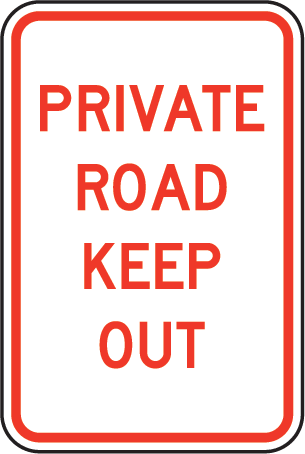
Privacy is a relatively new concept. Thousands of years ago, when our ancestors roamed the plains in search of food, there was no such thing as privacy. Humans lived out in the open, were few and far between, and had no means of identification beyond whatever name they were known by within their social group.
As time went on, human societies evolved from hunter-gatherer to agricultural societies. Consequently, the non-hierarchical, egalitarian social structures of hunter-gatherer tribes were replaced by hierarchical bureaucracies — which grew ever more complex as civilizations advanced.
With the creation of countries, comprised of states, provinces, cities or towns, came a need to identify individuals as citizens of a particular country. And, so, systems were created to certify a person’s identity. No more were individuals anonymous members of a species roaming freely about, but they were branded and classified as part of something larger than themselves.
At that time, anonymity was lost, and the concept of “privacy” came into existence. For it was only when a person could be identified as distinct from everyone else that the need to hide one’s identity arose. Life within a bureaucratic society became a balance between certified identity and the desire for anonymity, which brought with it freedom from accountability for one’s movements and actions.
Modern times introduced a whole host of technologies which strengthened a bureaucracy’s ability to monitor and record people’s actions. Computers, electronic records, video cameras, cell phones, GPS’s and the Internet provided a wealth of information about every move a person made. With each technological advance, another slice of privacy was removed. This trend was accelerated by an increase in international terrorism. Threats of violence against countries and innocent citizens were used as an excuse to erode citizens’ privacy even further.
Today, in most Western societies, citizens have little in the way of privacy. Their governments watch them and have access to information containing the most intimate details of their lives. Perhaps this is why people have voluntarily shared so much of what remains of their private lives on the Internet, where such information will be archived for eternity.
This is what was on my mind as I rode my bike, late at night, on a deserted road. It was early winter, so I was surrounded by silence save for the sound of my drivetrain echoing off of the naked trees along the side of the street.
There I was, alone, without a smartphone or a GPS or any means of tracking me or tying me to a particular identity. No one knew who I was. Gliding by, I was a compact nocturnal shadow, a darkened silhouette of a vehicle with no license plate, and no identifying markers. That’s when it hit me: bicycling can return one to the natural state of existing in and for oneself, without the chains that bind one to a bureaucracy. In its purest form, it is a freedom born of self-reliance and independence from government, technology and machinery.
Some time ago, when smartphones and GPS devices became commonplace on bicycles, I made the decision not to carry such electronics on my person or install them on my bicycle. For safety, I carried an inexpensive prepaid phone, capable only of making phone calls and sending text messages, both of which couldn’t be tied to my identity. My decision to take this route was based on the priorities of privacy and freedom.
In all other facets of my life, I was identifiable and traceable, to one degree or another. Through my use of credit cards, the card issuer and all of their affiliates knew my purchasing history and my whereabouts on the days of those purchases. By using store loyalty cards, I traded my privacy for a discount on goods. When using my cell phone, I divulged my location and made my conversations susceptible to eavesdropping. Using the Internet — no matter how carefully I hid my tracks — provided my ISP, and those I did business with, information about my interests and habits.
Bit by bit and byte by byte I bartered my privacy for money, for convenience, for information, for healthcare, for activism, for conversation and for the exchange of ideas.
My privacy had been bought and sold by me and by strangers who knew the excruciating details of my life. My privacy was not my own — except when I was on my bicycle.
The more I thought about it, the more I began to wonder whether drivers had figured this out, albeit in a less philosophical way.
Online and in real life, drivers constantly call for bicycles to be registered and bicyclists to be licensed. Their pretext for this demand is a belief that cyclists aren’t paying their fair share to use the roads and that, without ID, cyclists can’t be held accountable for traffic law violations. Drivers convey this in the form of inequity. But could there be something else at work?
Demands for bicycle licensing and registration might be based on an underlying jealousy of cyclists’ freedom from traceability. Not only are cyclists free to come and go as they please, to park their bikes near their destination — at no cost — and to use the roads in the manner of vehicles, but they possess one thing that drivers will never have: privacy.
Cyclists have a choice; they are unmarked. They can choose whether to participate in the electronic tracking of their travels and identity or whether to travel anonymously, in privacy, and free from the constraints of modernity.


